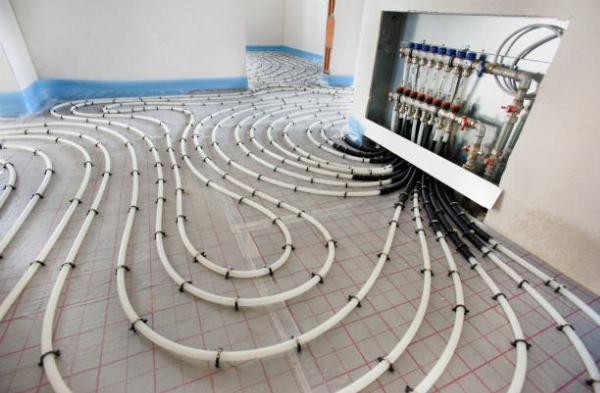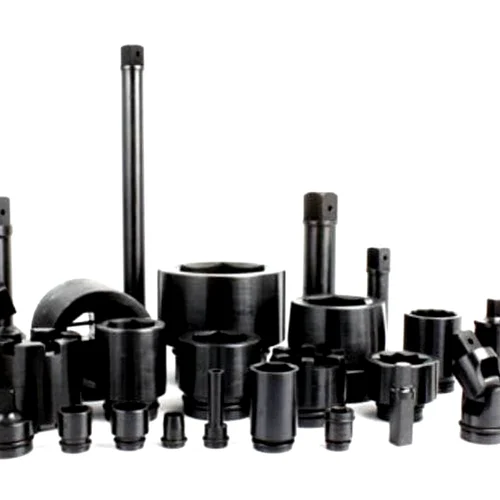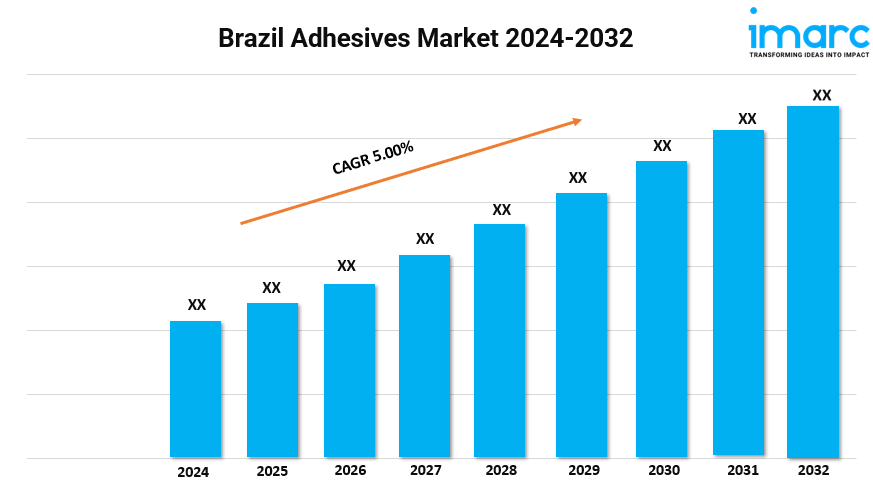
Buying a house is a significant investment that comes with many costs, and closing costs are just one of them. These fees, which typically range from 2% to 5% of the home's purchase price, can add up quickly. However, there are ways to offset some of these costs through tax deductions. Closing costs are the fees you pay to cover lender and third-party services in the mortgage loan process. These include fees for your mortgage company to originate the loan, your appraiser to assess the property's value, the surveyor to conduct the property survey, and more. They also include expenses like real estate taxes, prepaid interest, and various forms of insurance (mortgage and homeowners insurance, commonly). You pay for your closing costs along with your down payment when signing your final loan documents.
What are tax deductions? Tax deductions, also called tax write-offs, are expenses you can subtract from your annual taxable income. By lowering your income, this reduces your total tax bill. There are two types of deductions: standard and itemized. The standard deduction is a lump-sum deduction that all taxpayers qualify for, while itemized deductions are individual deductions that include expenses related to your home mortgage or student loans, certain work-related expenses, interest earned on various investment products, and more.
Tax deductions for closing costs Most closing costs cannot be deducted from your annual tax returns. However, there are a few exceptions:
- Mortgage interest: You can deduct the interest you pay on your mortgage loan at closing and over the year from your annual taxable income. The limit is $750,000 (or $375,000 if you're a married couple filing separately).
- Points: The cost of points (also called discount points or mortgage points) can be deducted from your taxable income. Points are optional fees paid at closing that allow you to purchase a lower interest rate.
- Property taxes: You can typically deduct prepaid property taxes at closing, with a limit of $10,000 annually (or $5,000 if you're married filing jointly).
It's important to remember that these deductions are only available if you itemize your tax returns. If you opt for the standard deduction, you won't be able to write off individual costs and expenses like this.
Ways to reduce or offset closing costs While tax deductions can help offset some of your closing costs, there are other ways to make these costs more manageable:
- Ask for help from friends or family: You can ask for a donation or loan to help cover some of your closing costs.
- Look for down payment or closing cost assistance programs in your area: Many programs do not need to be repaid as long as you live in the home for a certain amount of time.
- Improve your credit score: A higher credit score may qualify you for a lower down payment or interest rate, reducing your total up-front costs of buying a home.
- Shop around for your mortgage lender and third-party service providers: Look at page 2 of the Loan Estimate your lender gives you to see which closing costs you can price-shop for.
In conclusion, while closing costs can be a significant expense when buying a house, there are ways to offset some of these costs through tax deductions and other strategies. It's important to be aware of the different types of deductions available and how they can impact your tax bill.
This insightful article on Maximizing Tax Deductions for Closing Costs provides practical strategies and comprehensible exceptions, making it a valuable guideline for real estate investors seeking to optimize their financial implications.
"This in-depth guide, 'Maximizing Tax Deductions for Closing Costs: Strategies and Exceptions,' provides insightful strategies to optimize one' ...
This comprehensive guide on maximizing tax deductions for closing costs provides insightful strategies and crucial exceptions to help taxpayers navigate the complexities effectively, making it a vital resource.
A comprehensive guide that brilliantly illuminates the art of optimizing tax deductions for closing costs through effective strategies and exception details, ensuring homebuyers make sound financial decisions with minimal impact.
This informative article on maximizing tax deductions for closing costs offers valuable strategies and exceptions, making it a comprehensive guide to both homebuyers seeking reductions in their transaction expenses while navigating the nuances of applicable taxes.
This comprehensive guide on maximizing tax deductions for closing costs offers insightful strategies and critical exceptions, providing readers with an invaluable roadmap to legally decrease their financial burden post-settlement. Highly recommended!














